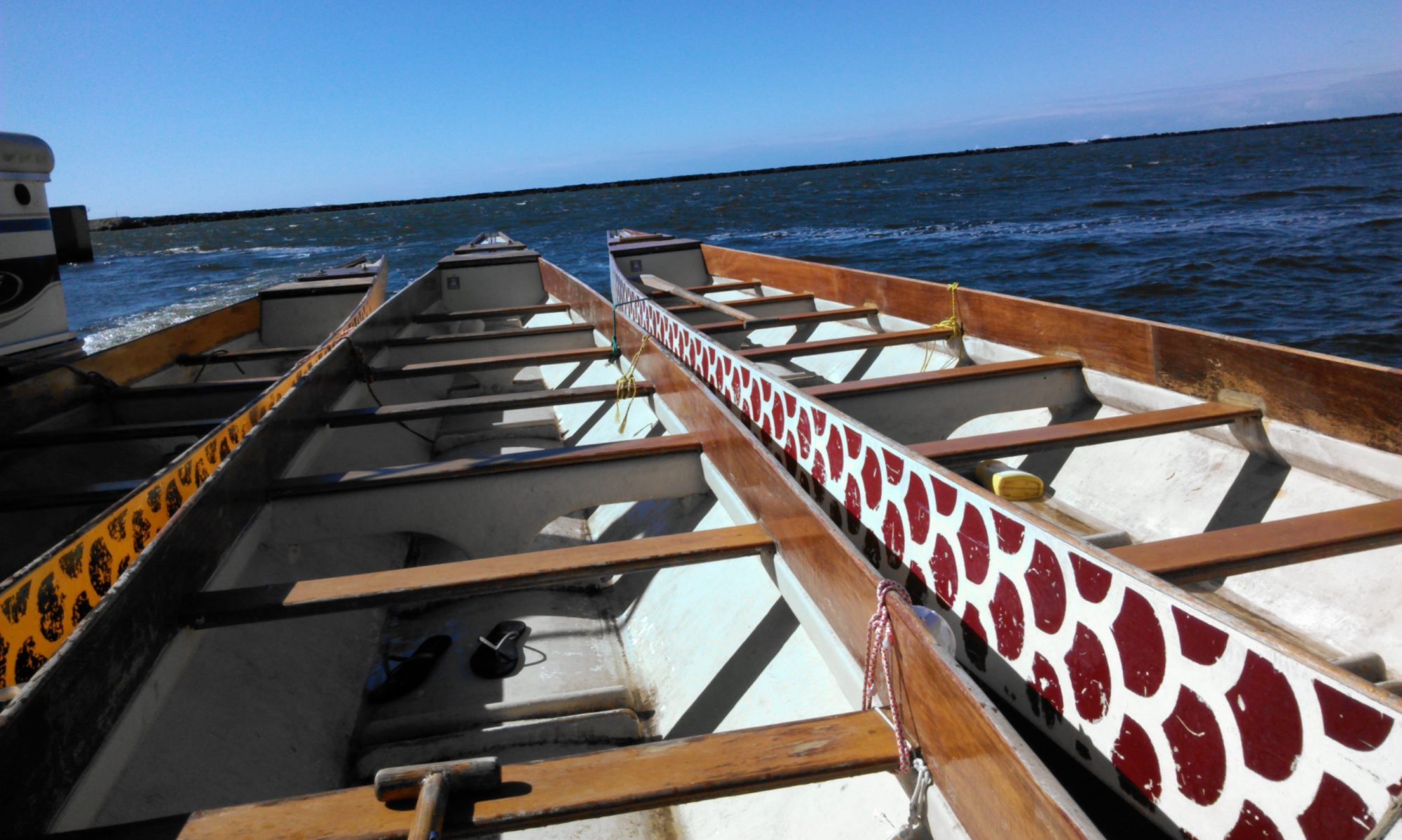
Spring training isn’t just for baseball. If you have a sports team with a summer season, you might want to consider going away to camp before the action begins. Although this post is written with dragon boat in mind, you could apply the following principles to practically any team sport. Flip it around a little, and you even have an argument to organize a corporate retreat!
1. It bonds people together.
Sleep-away camps are just as good for grownups as they are for kids, maybe better! When you put people together in close quarters, where they can really get to know one another day in, day out, amazing things happen. Empathy occurs. Trust grows. Respect builds. Accountability increases. The team becomes a cohesive unit, rather than a collection of disparate individuals. Yes, there will always be cliques; people naturally gravitate to (or away from) certain others. Personalities, individual convictions, interests, ages, chemistry… all this plays an undisputed part in that. But overall, time together inspires a greater connection and commitment to the goal of the whole.
2. It gets you ahead of the competition.
If you generally hold practice twice a week, six days of camp (two sessions per day) translates to at least six weeks of training. Consider this too—when practices are several days apart, you may spend part of each session recapping what you focused on in the last one. In that case, having multiple and concurrent daily sessions quickly equates to seven or eight weeks’ worth of training; that’s half a season or more for some! Think of the technical improvement your team can make in that time—and how much more prepared everyone will be for their first competition.
3. It helps strengthen natural leaders and identify mentors.
You may have people on the team that everyone looks up to or admires. But the opportunity to spend an entire week interacting with, watching, and learning from them, can really bring out new skills and confidence in others. Not just in the sport itself, but perhaps in work ethic, diet and nutrition, post-practice habits, new ways to stretch, etc. It can also help identify strengths and weaknesses in the team that may not have previously been evident. Each individual brings a unique perspective and benefit to the team; sleep-away camps can magnify that tenfold!
4. It enables immediate, relevant, and personal feedback.
During a single weekly practice session of say an hour or so, there are limits to how much individualized attention a coach can provide. 60 minutes for 20 people—do the math: 3 minutes per person. Even if you have two sessions each week, that’s still only 6 minutes given to each person.
Now, let’s say you have two 90-minute sessions per day, over six days. That’s now a minimum of 54 minutes per person. And because you’re away from your home environment, there are additional opportunities for interaction and feedback. You can take video and schedule review sessions between practices. Work with individual athletes one-on-one. Whatever your team needs, you now have more time to get to.
5. It makes room for epiphanies—for coaches and athletes alike!

Coaches often struggle to communicate specific concepts. Sometimes, just rephrasing something or finding a new analogy can spark a whole new level of understanding. Life, however, offers us so many distractions. At home, in between practices, we have infinite other responsibilities clamoring for attention: work, family, bills to pay, chores to catch up with. Away, all that ‘real-life’ stuff takes a back seat so you can focus on the purpose of camp. For five or six days, you live and breathe your sport. Even if you engage in an alternate activity (say, mini-golf or outlet shopping) your aching muscles will remind you of what the week is really about. Knowing that there will be another session in just a few hours forces you to reflect on the previous one, and consider what you might work on in the next.
As a coach watching your crew over and over, shuffling the team into different positions, trying new drill after new drill, burns new images and understanding into your mind. New patterns may become evident. Camp allows for experimentation: try a new drill; stop and go back to an earlier lesson; jump ahead to a more advanced concept.

For athletes, camp allows similar experimentation. Focus on one thing, then another, then another. Build competency incrementally. See how one small change can affect the entire chain. What effect does it have if I deliberately engage one muscle ahead of another? How is my speed altered if I do X rather than Y? What happens if I engage, or relax, my core at any given moment? Or how I position my feet?
Camp gives your team a huge gift. The change of scenery alone works wonders. If you’ve never taken your team away to camp, now might be the perfect time to do it!
How you structure your camp is up to you: attend an existing program, or design your own. We’ll explore options in an upcoming post.

